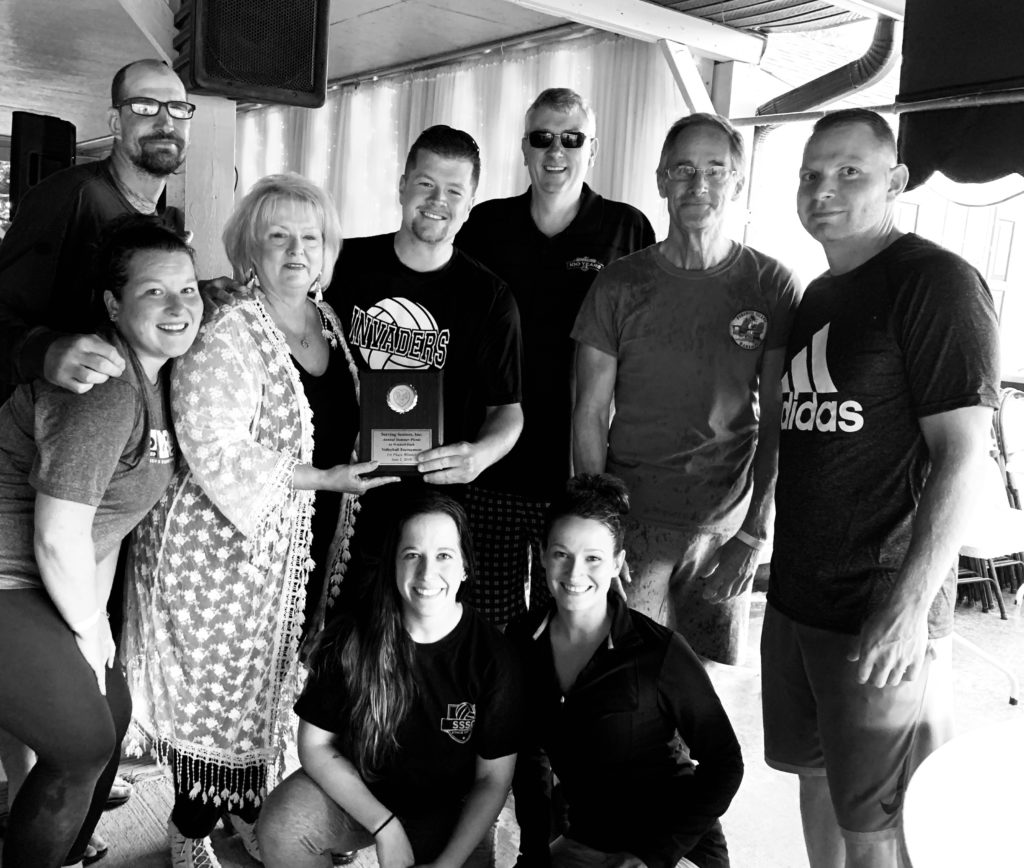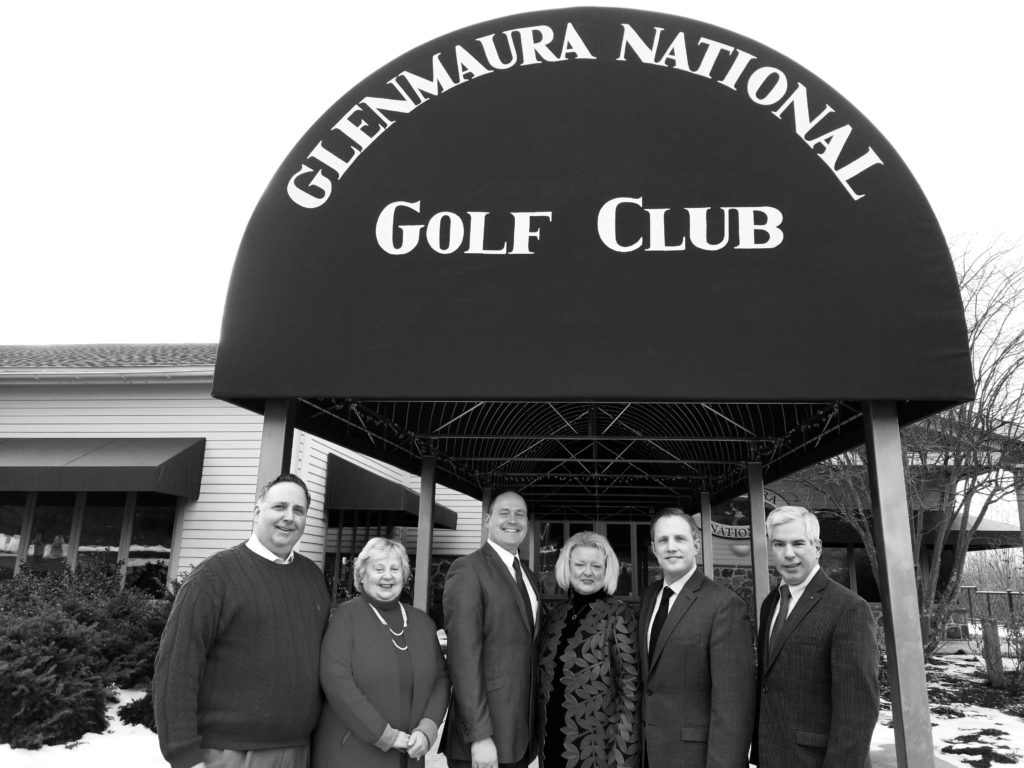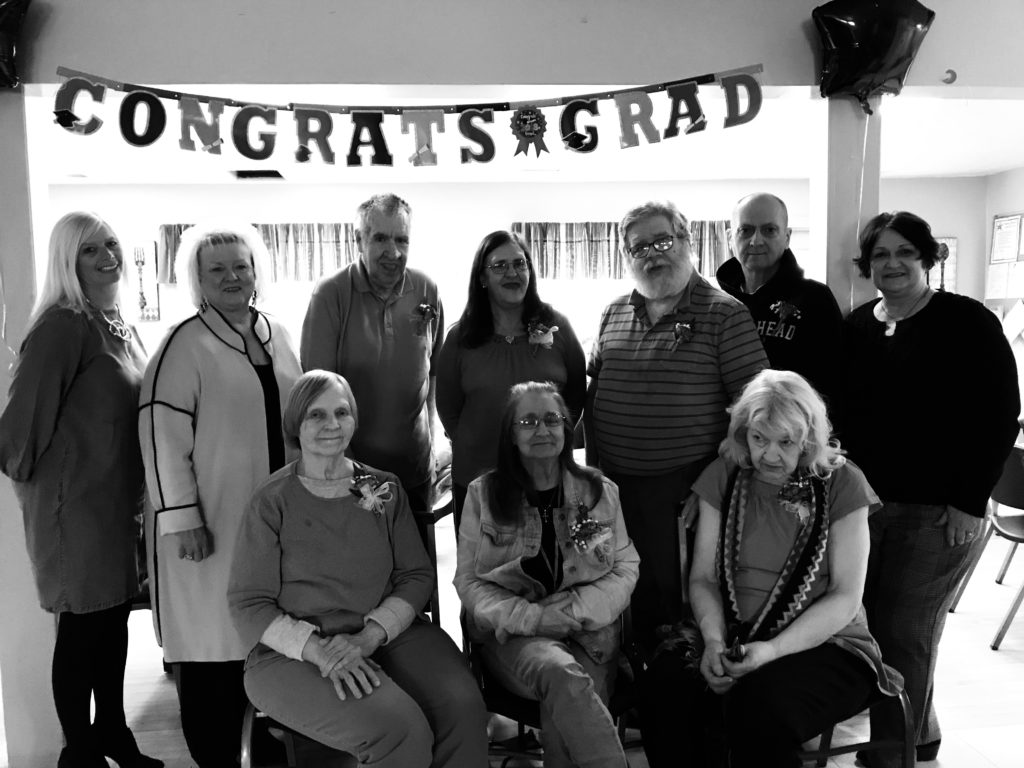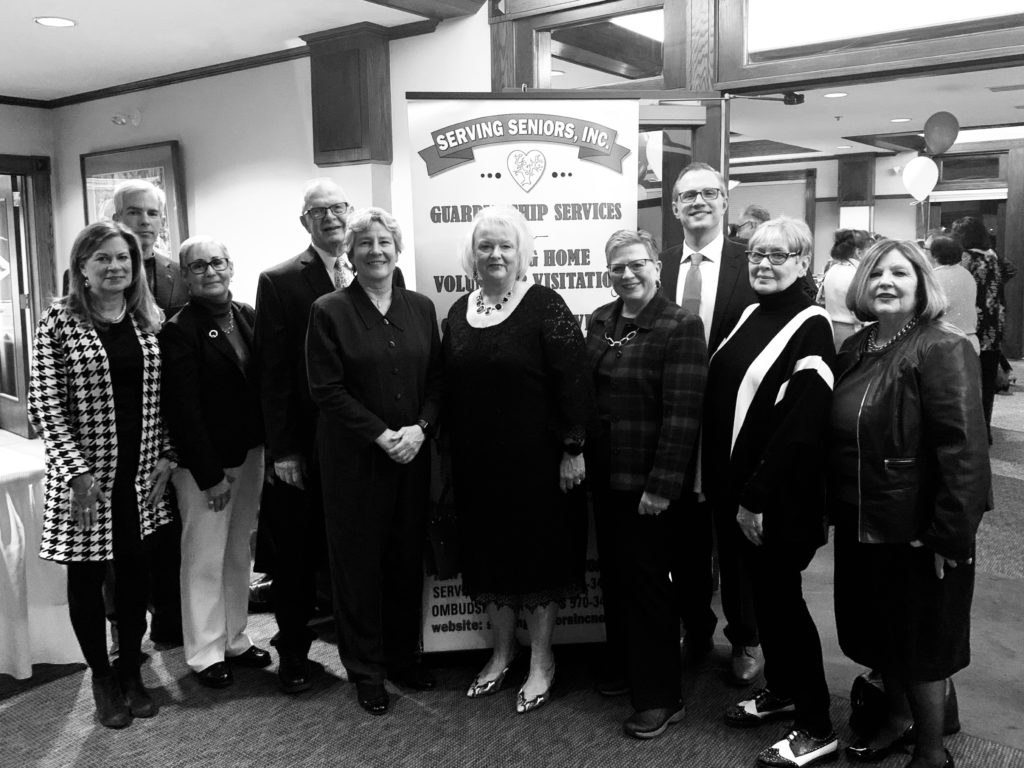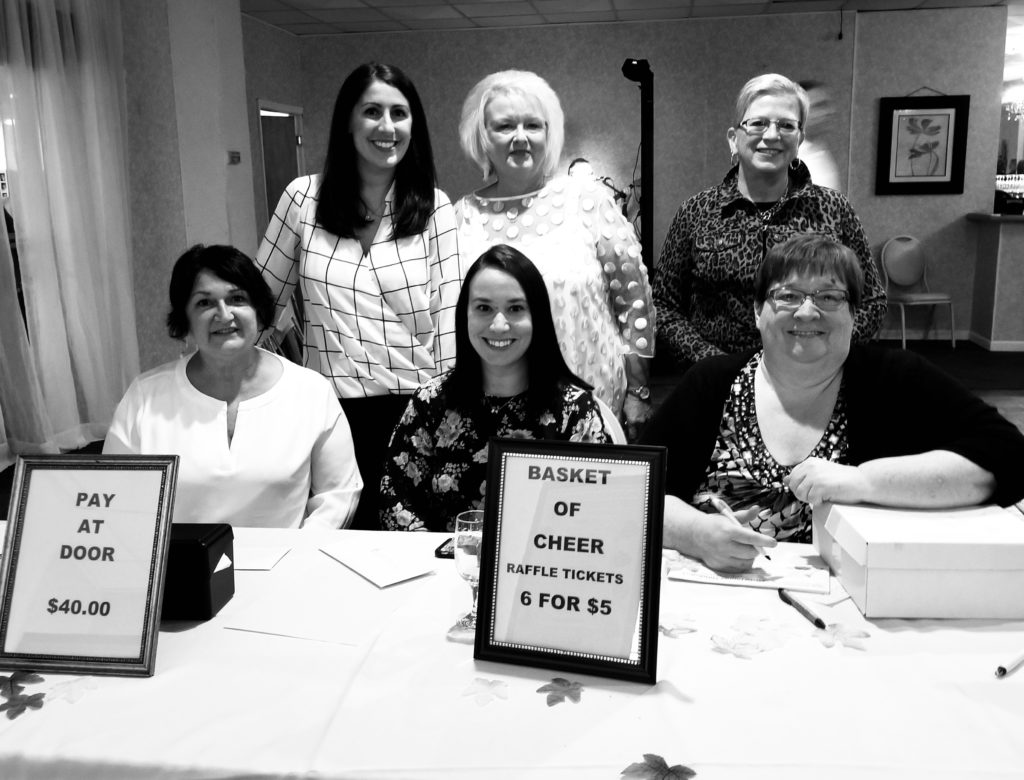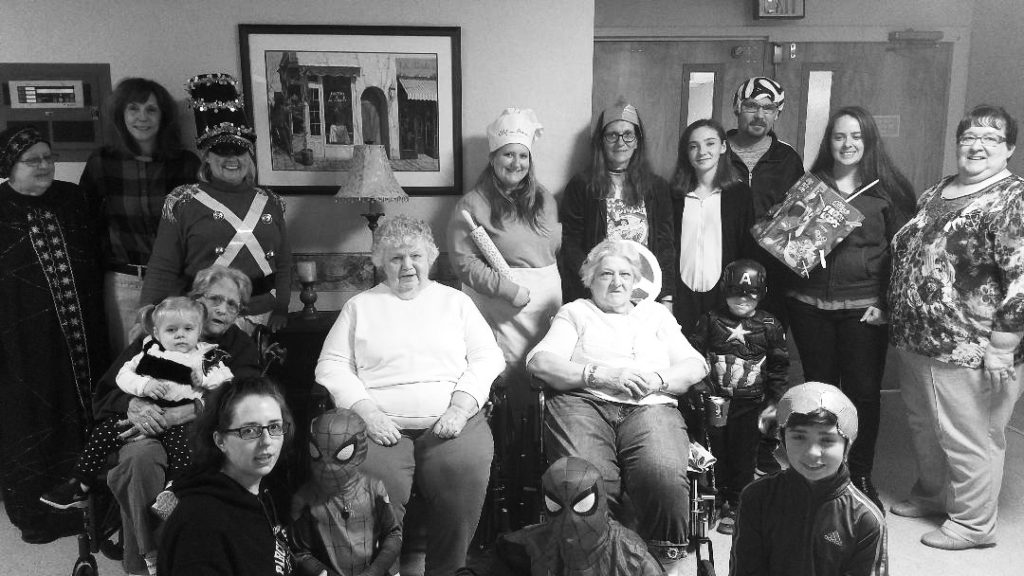Since 1993, the Serving Seniors, Inc., Guardianship of Person program has served roughly 685 individuals in several counties throughout Northeastern Pennsylvania. Today, the program continues to increase its caseload, extending its services and influence to serve vulnerable populations within Wayne, Lackawanna, Monroe, Pike, and Wyoming counties.
Mary Anne Maloney-Evans, national certified guardian and executive director of Serving Seniors, says that although anyone over the age of 18 can have a guardian, her organization primarily serves older adults.
“They are low-income individuals that need assistance, and that’s where we step in. If the court approves us as their guardian, we serve them to the fullest extent possible,” Maloney-Evans said.
“These people do not have family or friends. If someone falls, has a change in health status, or goes to the hospital, they would call us. We would make all medical decisions on behalf of these clients and we do not take it lightly."
Mary Anne Maloney-Evans, National Certified Guardian and Executive Director of Serving Seniors
In order to qualify for the Serving Seniors Guardianship of Person program, an individual must be deemed by a judge to be incapacitated, or unable to make their own medical and financial decisions. In most cases, the incapacitated individual does not have family to assist them, which is when Serving Seniors will step in.
Serving Seniors’ guiding philosophy includes a least-restrictive approach when it comes to its guardianship program. “We always try to include the client in the decision-making process because it’s their right and their life,” Maloney-Evans said.
When the COVID-19 pandemic unexpectedly struck in early 2020, Maloney-Evans explained that Serving Seniors needed to adapt their day-to-day operations in order to continue meeting the needs of their clients. Under normal circumstances, Serving Seniors will, for example, provide monthly, or as-needed, visitation to their clients, but with a global pandemic raging, doing face-to-face visitations – particularly if the client is residing in a long-term assisted-living facility – is not possible.
Like many agencies, Serving Seniors has been utilizing technology to practice safe social distancing, while continuing to communicate with its clients and other team members. Meetings to discuss a client’s plan of care, often involving therapists, clinicians, nurses, and social workers, continue to be held remotely.
“We may not be able to get into the facilities right now, but we are staying in contact,” Maloney-Evans said.
Although the organization has needed to adapt during the COVID-19 pandemic, as well as face funding challenges over the years, Serving Seniors has continued to rise to the occasion and assist older adults in Northeastern Pennsylvania who need it most. When asked about the future, Maloney-Evans said she believed the future of the organization looks bright.
“This is a much-needed program in our community,” she said, adding, “I think it’s going to get larger. I think that it’s going to grow in need and grow in volume.”
